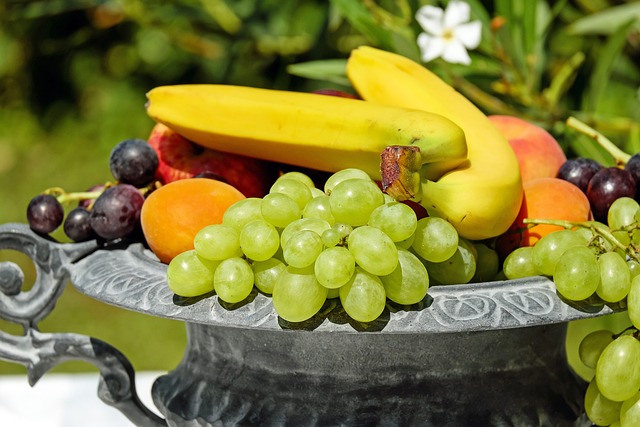Digestive Delight: Exploring the Delicious World of Probiotic Foods
Probiotics have gained significant attention in recent years for their potential benefits to our gut health. These live microorganisms, often referred to as “good bacteria,” can help restore and maintain a healthy balance in our digestive system.
What Are Probiotics?
Probiotics are live bacteria and yeasts that are beneficial for our health, especially our digestive system. They are naturally found in certain foods and can also be taken as supplements. The most common types of probiotics include Lactobacillus and Bifidobacterium, which are present in fermented foods.
The Role Of Probiotics In Gut Health
Our gut is home to a complex community of microorganisms, including both good and harmful bacteria. When the balance of these microorganisms is disrupted, it can lead to various digestive issues such as bloating, constipation, diarrhea, and even more serious conditions like inflammatory bowel disease.
Probiotics help restore the natural balance of bacteria in our gut by inhibiting the growth of harmful bacteria and promoting the growth of beneficial bacteria. They can also strengthen the intestinal barrier, reduce inflammation, and enhance nutrient absorption.
Probiotic Foods To Include In Your Diet
Probiotics are naturally present in several delicious foods that you can easily incorporate into your diet:
1. Yogurt
Yogurt is one of the most well-known probiotic foods. Look for yogurts that contain live and active cultures, such as Lactobacillus acidophilus and Bifidobacterium. Choose plain yogurt and add your own fruits or honey for sweetness.
2. Kefir
Kefir is a fermented milk drink that is rich in probiotics. It has a tangy taste and can be consumed on its own or used as a base for smoothies and salad dressings.
3. Sauerkraut
Sauerkraut is made from fermented cabbage and is a traditional probiotic food. It not only provides beneficial bacteria but also contains vitamins and minerals. Add sauerkraut to sandwiches, salads, or enjoy it as a side dish.
4. Kimchi
Kimchi is a Korean side dish made from fermented vegetables, mainly cabbage and radishes. It is spicy and sour in taste and can be eaten on its own or used as a cooking ingredient.
5. Miso
Miso is a traditional Japanese seasoning made from fermented soybeans. It is commonly used in soups, dressings, and marinades, adding a rich umami flavor along with beneficial probiotics.
6. Tempeh
Tempeh is a fermented soy product originating from Indonesia. It is a great source of probiotics, protein, and other nutrients. Use it as a meat alternative in stir-fries, sandwiches, or salads.
7. Kombucha
Kombucha is a fermented tea with a slightly fizzy and tangy taste. It contains a variety of probiotics and is believed to have detoxifying properties. Enjoy it as a refreshing beverage.
Benefits Beyond Digestion
The benefits of probiotics extend beyond just improving digestion. Research suggests that these beneficial bacteria may also have a positive impact on other aspects of our health, including:
- Boosting the immune system
- Reducing the risk of allergies
- Improving mental health
- Supporting healthy weight management
- Enhancing skin health
While more studies are needed to fully understand the extent of these benefits, incorporating probiotics into your diet can be a simple and delicious way to support overall well-being.
Conclusion
Probiotic foods offer a natural and accessible way to promote better gut health. By incorporating yogurt, kefir, sauerkraut, kimchi, miso







